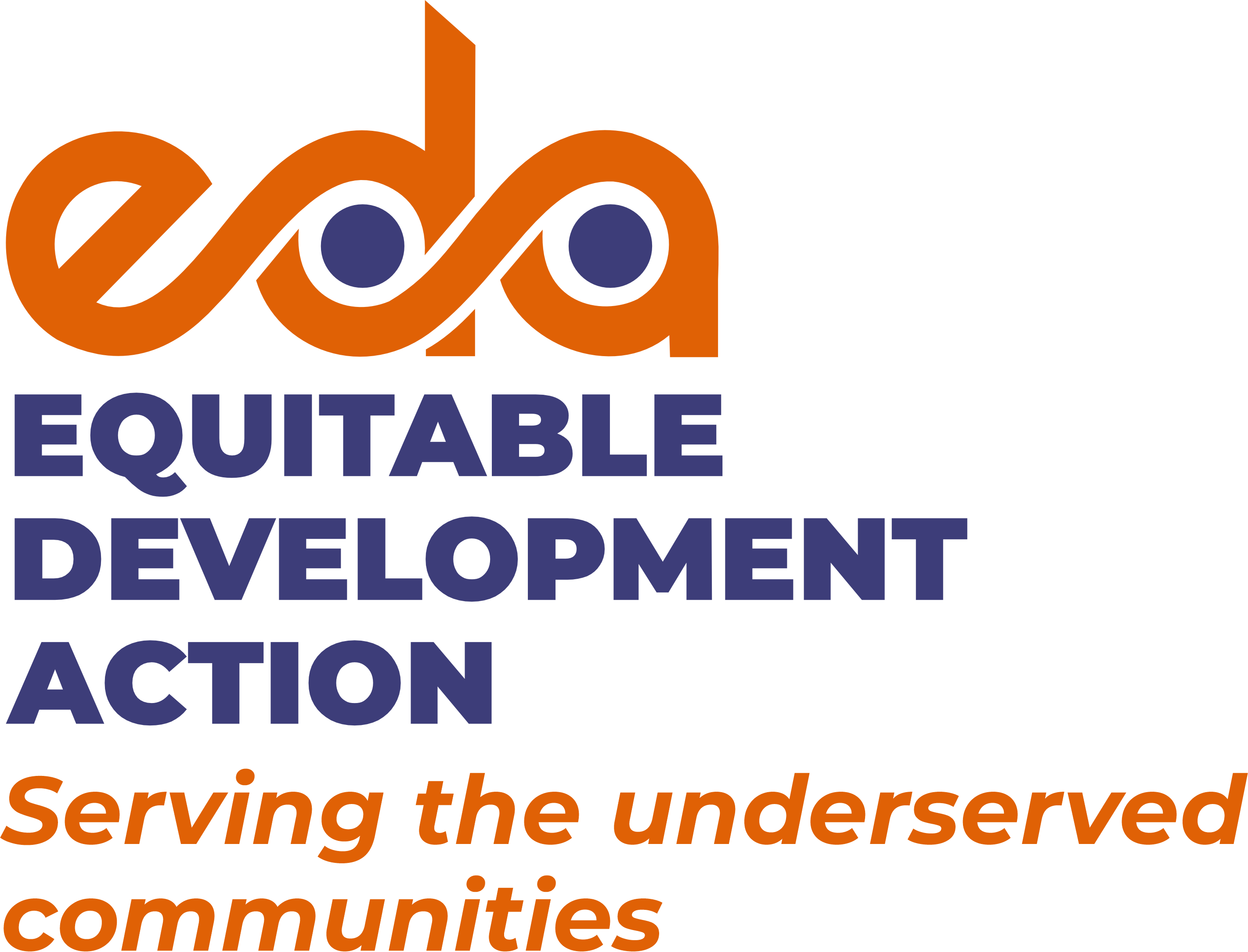
Bridging the gap: An equitable Minnesota for all
Bridging the wealth gap across all Minnesotans regardless of race or financial opportunities are the core of EDA's mission, visions and goals.
In our quest for fairness and equality, economic equity plays an extremely vital role. This article dives into the pressing need to address racial disparities in Minnesota, USA, while promoting a fun and inclusive society. We explore the historical context, social equity concerns, and economic repercussions. Join us as we uncover the importance of economic equity and its impact on building a just and exciting community. We'll take a brief look at Minnesota's industries, racial distribution, and economic statistics, highlighting the need for collaborative efforts to achieve economic justice for all residents.n
Let's bridge the gap: Making Minnesota fair for all
Minnesota is more than just a land of lakes—it's a place bursting with vibrant outdoor activities like camping, hiking, and fishing. But to truly enjoy the fun, we must also focus on creating a fair and just society for all. As the 12th largest state in the US, Minnesota boasts a diverse economy that has evolved from raw material production to a focus on finished products. With its rich history and renowned brands like Target and Best Buy, Minnesota has a story to tell.
However, beneath the surface lies a need for economic equity among its diverse population. Historical legacies of slavery, segregation, and discriminatory laws have left lasting economic gaps. It's time to level the playing field, ensuring equal opportunities for everyone to thrive, from social equity which deals with giving the people equal life chances to addressing meritocracy that gives all individuals regardless of skin color a level playing ground based on ability and a fair competition.
Equity is needed to achieve a fairer and more socially inclusive world. Lack of equity is at the core of many global issues of race, gender, sexual orientations, disabilities, education and economic status.
The fairness and distribution of wealth, tax liability, resources, and assets in a society is paramount in achieving equitable equilibrium. Economic equity creates room for additional disposable income that circulates through the broader economy.
Unfortunately, there is considerable inequality in the world. People's access to and interaction with key institutions are shaped by power balances in the political, economic and social spheres and also to stereotypes (take George Floyd). These patterns reinforce each other through intergenerational transmission and various formal and informal institutions.
From income disparities to limited educational opportunities, these issues hinder economic progress. We must address them head-on. By promoting fair wages, inclusive employment practices, and quality education, we can bridge the gap and create a brighter future.
Join us on this exciting journey towards economic fairness. Let's empower all Minnesotans, regardless of their race or background, to unleash their potential and contribute to the thriving and fun-loving state we envision by implementing policies and initiatives that put an emphasis on removing systemic barriers, increasing educational opportunities, ensuring equal access to quality employment, promoting wealth-building programs, and addressing health disparities which are crucial for promoting economic equity.
To create a more equal society, the government, community organizations, corporations, and people must work together. Together, we can make Minnesota fair and fun for all!
